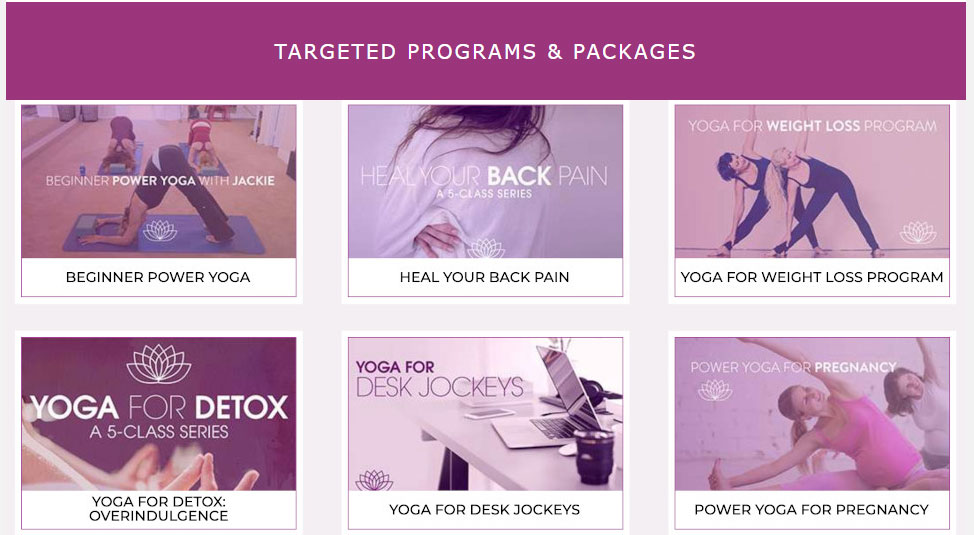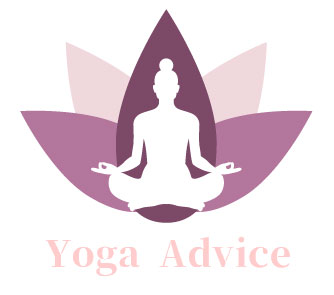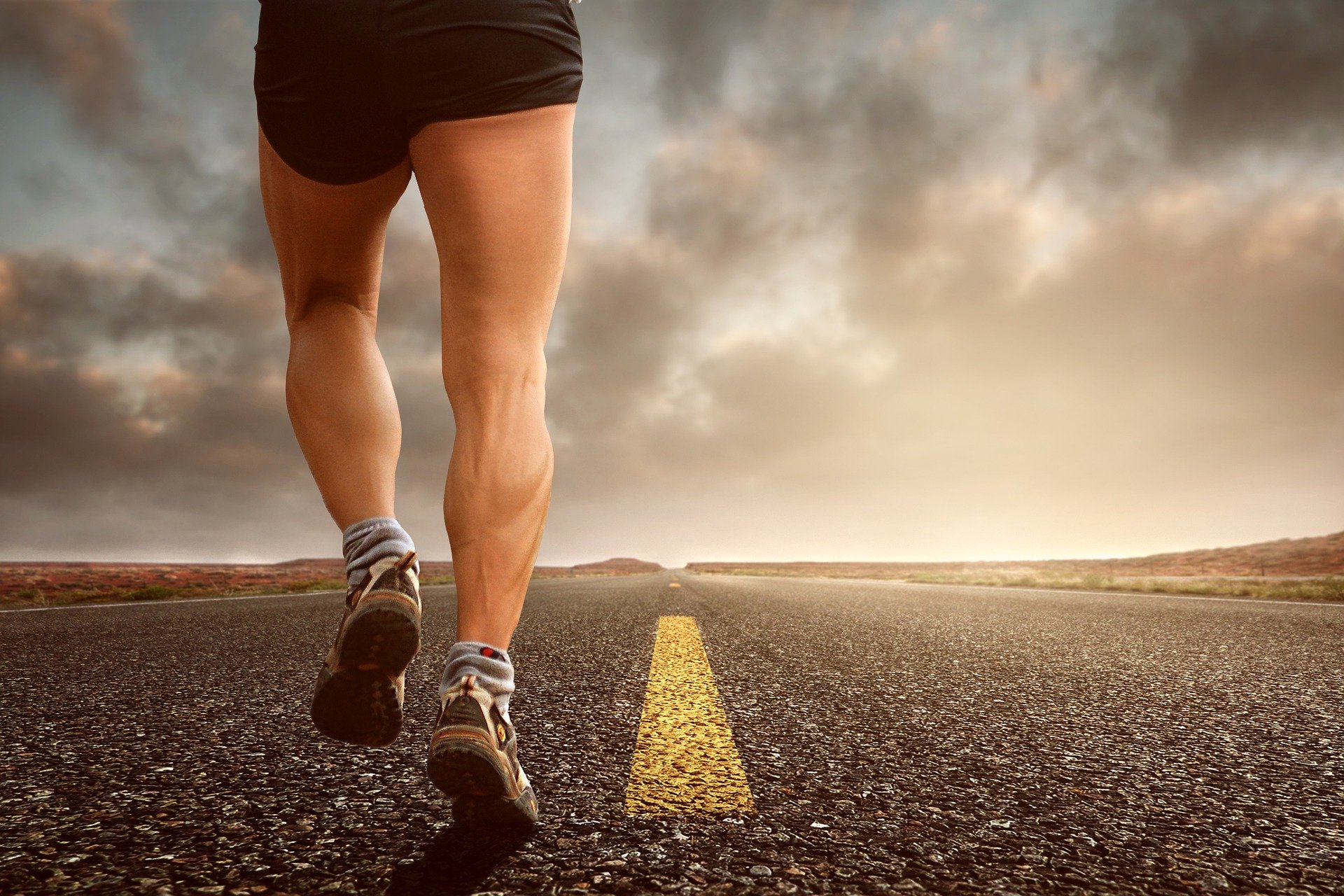Exercise helps sleep
Are you sleeping well at the moment? Are you waking up well rested or are you having trouble getting one foot out of bed?
If we ask you these first questions, it's not insignificant: you may not know it, but there is a relationship between physical activity or sport and the quality of your sleep. Indeed, if you don't sleep well or if you don't get enough sleep, you can put your health at risk.
And then, how are you going to be in top shape and in full possession of your means if you don't have enough energy? If you don't sleep well or not enough, there is a high risk that your quality of life will not improve in the long run.
Insomnia problems are more and more frequent: with the rhythm of the work day, professional stress, anxiety caused by children, possible family worries, tensions with your best friend and so many other factors, it is not always easy to find sleep.
So, yes, there is the easy option of taking medication, but long-term use will disrupt the quality of your sleep. But then what can you do?
The answer is simple, there is a natural remedy: exercise. Because sport and health are intimately linked! Let's see how a good sports program can help you (re)find quality sleep.
Sleep cut into cycles
Before we look at how sport can help you sleep better, let's first understand how sleep works because as you may know, we still sleep 1/3 of our lives, which is not negligible.
Indeed, sleep is not linear, you will go through between 4 and 5 sleep cycles during your night and these cycles are repeated throughout your night rest.
Each cycle corresponds to a stage of sleep.
The main phases of sleep are :
- Falling asleep
- Light slow wave sleep
- Deep slow wave sleep (which can be divided into 2 distinct and complementary stages)
- REM sleep, which comes at the end of a cycle (the one in which we usually dream).
Each cycle lasts on average 90 minutes and they will follow one another.
Falling asleep
When you fall asleep, your breathing is slower, your muscles relax and your consciousness decreases. It sounds like sophrology. It is also during this first phase called half-sleep that your muscles will have phases of small uncontrolled contractions, such as the feeling of falling into a vacuum. But you can easily be woken up at any time by a noise.
Slow and light sleep
This stage is not yet deep sleep and it will represent up to half of the total sleep time. You can still easily wake up, a noise or a light may be enough, but you will remember having slept. At this stage, eye and muscle movements decrease, brain activity slows down again.
Slow and deep sleep
In this phase, you are completely "cut off" or even isolated from the world and it is very difficult to wake up. It is during this time that you will be able to fully recover from the physical and nervous fatigue accumulated during your day. This is a very important stage because your entire body will be completely rested. This stage of sleep represents 1/5 of your total sleep time.
The paradoxical sleep
This phase is called paradoxical you show both signs of wakefulness (facial expressions, irregular breathing, high heart rate, very active eye movements, what is called REM (Revolving Eye Movements and not the band ! :D) and signs of deep sleep. But above all, this is the phase when you will be dreaming. REM sleep represents ¼ of your total sleep time.
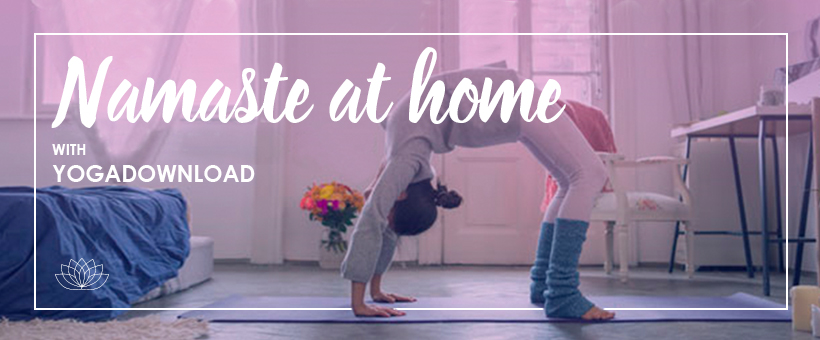
What are the sports activities that promote sleep?
The best (and surely the healthiest) way to get sleep is to stay active during your day and to exercise, regardless of the time of your workout.
Of course, you don't have to run a marathon or lift weights to get tired, but according to a recent article, 20 to 30 minutes of physical activity a day is enough to get a good night's sleep and stay in shape.
It is even better to do this activity 5 to 6 hours before your usual bedtime because if you exercise just before bedtime, your ability to fall asleep will suffer. Beware, not all sports are beneficial for a child's sleep, a teenager's sleep or even your own.
Sleep is a process that aims to repair and evacuate the pressures, tensions and exercises that we put on our body.
Every sport session, whether it is weight training, stretching, abs, yoga or gym, causes more or less trauma to our body, which requires recovery time to function at 100%.
Two types of exercises to know
There are 2 types of sports: sports with aerobic and sports with non-aerobic activity.
Aerobic exercise, also known as cardio exercise, is a continuous physical activity lasting more than 10 minutes that will make you breathe harder, make you sweat and increase your heart rate.
It includes activities such as long distance running, active walking such as Nordic walking, cycling or swimming, and even martial arts in general.
Non-aerobic exercises are short session exercises in which the physical activity is intense, however, because your body will demand more oxygen for the effort you put in. Sprinting or lifting weights are part of these activities.
The best activities to promote your sleep and health, to stimulate your brain and oxygenate it are aerobic exercises: walking, running or jogging, running on a mat, skipping rope, dancing, cycling, swimming, yoga or tai chi.
Each of these sports activities focuses on breathing, this will increase your heart rate and therefore increase the amount of oxygen in your blood and strengthen your lung capacity.
To get a better sleep and especially to find a restful sleep, prefer aerobic activities that work your muscle mass over time without violent efforts but which will relax you both physically and nervously, working on your nervous system through various breathing techniques.
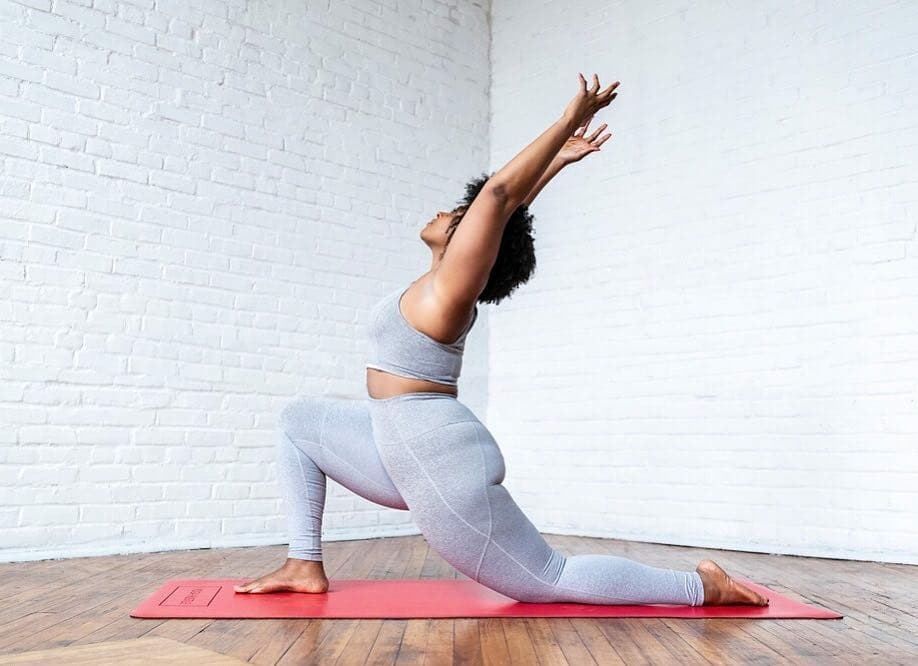
How can a sports coach help you?
Of course, starting a sport activity on your own is never very easy and ultra-motivating.
For the effects to be felt in the short term, for you to develop good habits, and above all to keep your motivation high, the best thing to do is to call on a real sports professional, an online sports coach worthy of the name.
Usually, after a first appointment, the sports coach takes into consideration all your expectations and tries to understand how you function, what your daily rhythm is, what your possible sports activities are.
Then, he prepares a series of sports sessions just for you and suggests nutritional advice from a sports professional as a bonus.
At each session, you have a fitness trainer who is there to support you, to motivate you, to show you what your goals are and your progress.
In case of doubt, if you have any questions, he is there to answer: in short, you are not alone. This is one of the differences with a workout in the gym.
Having a sports coaching implies an investment on your part, a willingness to do sports to release tension and evacuate your worries in order to find a good restorative sleep.
Supporting scientific considerations
A scientific study from 2007 from Stanford University in the United States demonstrated by A + B that sport was an essential element to sleep better and that conversely, an athlete who slept better had increased performance.
The study was conducted not only on people like you and me, but also on top athletes such as NBA basketball players, and the conclusion was the same: after an 8-hour night of recovery, sports performance improved, and in return, as the body fully exploited its capacities, the athlete was able to fall asleep quickly and sleep for a long time.
Our body is like a sound box and if we don't take care of it, it quickly lets us know.
It is the same for sleep: to have an impeccable quality of sleep, to rest well, you have to make your body have a healthy fatigue.
In addition to having a correct lifestyle, namely getting up early and going to bed at the same time in the evening to avoid letting the sleep train pass by, not abusing caffeine, avoiding night work, consuming cigarettes or alcoholic beverages, make sure you create a little bedtime ritual by preparing it beforehand with a good sports session a few hours beforehand.
Vary the pleasures of sport and don't hesitate to have a personal sports coach accompany you to boost your motivation and receive sound advice on nutrition as well as the sport activity itself.
You'll find that you'll have the most restful and pleasant sleep. Because sport = well-being!
